![Assistant Chief Jorge Villegas, LAPD: "As you know [homelessness] is an extremely complex issue to address. It is not as simple as simply making an arrest. As you know, we cannot arrest [our] way out of this complex social issue."](https://michaelkohlhaas.org/wp-content/uploads/2016/01/Villegas-DC.jpg)
Continue reading New Documents, Mostly Routine, although Assistant LAPD Chief Jorge Villegas Explicitly Acknowledges Limitations of Arrests as a Tool for Addressing Homelessness
![Assistant Chief Jorge Villegas, LAPD: "As you know [homelessness] is an extremely complex issue to address. It is not as simple as simply making an arrest. As you know, we cannot arrest [our] way out of this complex social issue."](https://michaelkohlhaas.org/wp-content/uploads/2016/01/Villegas-DC.jpg)

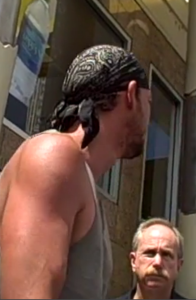
You know, I mean, it, the, the, the reality, the LAPD or the BID Patrol, nobody is gonna ask anybody to move who’s just resting for a couple minutes cause they need to rest. This is just another vehicle to, you know, allow permanent, facilitate, the living on the sidewalk.

Continue reading Don’t Challenge the BID Officers. Don’t Challenge Our Authority Next Time. All I Did Was Sit the Fuck Down! Do You All See What’s Going on in Your Goddamn City?
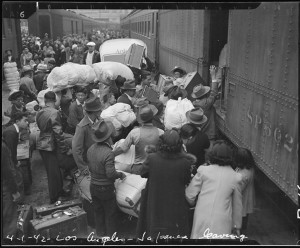
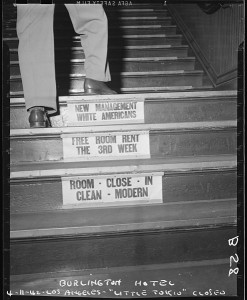
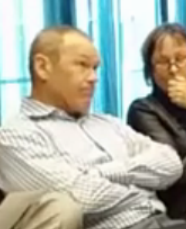
You can read a transcription of the whole discussion after the break. One salient bit spewed forth from John Tronson, erstwhile president of the HPOA, who ranted thusly:
You know, I mean, it, the, the, the reality, the LAPD or the BID Patrol, nobody is gonna ask anybody to move who’s just resting for a couple minutes cause they need to rest. This is just another vehicle to, you know, allow permanent, facilitate, the living on the sidewalk
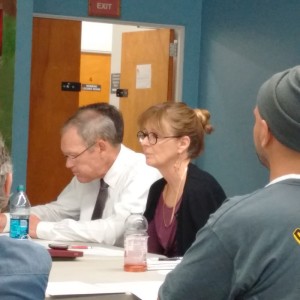
Continue reading The Right to Rest Act: John Tronson Says Arresting Homeless is Good for Them, Kerry Morrison Huffs and Puffs at Idea that Homeless People Have Rights at All

According to LAHSA executive director Peter Lynn, quoted in a January 2015 press release:

Now, doesn’t that just sound warm and fuzzy, but what the heck does it really mean? Well, thanks to an unexpected visit to the March 19, 2015, HPOA Board meeting by Charlie Beck, LAPD capo di tutti capi, we have an explanation for you (hint: when Peter says “better target our homeless” that’s exactly what he means).
Continue reading Charlie Beck Explains the Real Purpose of LAHSA’s Homeless Count: It Will Allow LAPD to Resume Mass Incarceration of Homeless